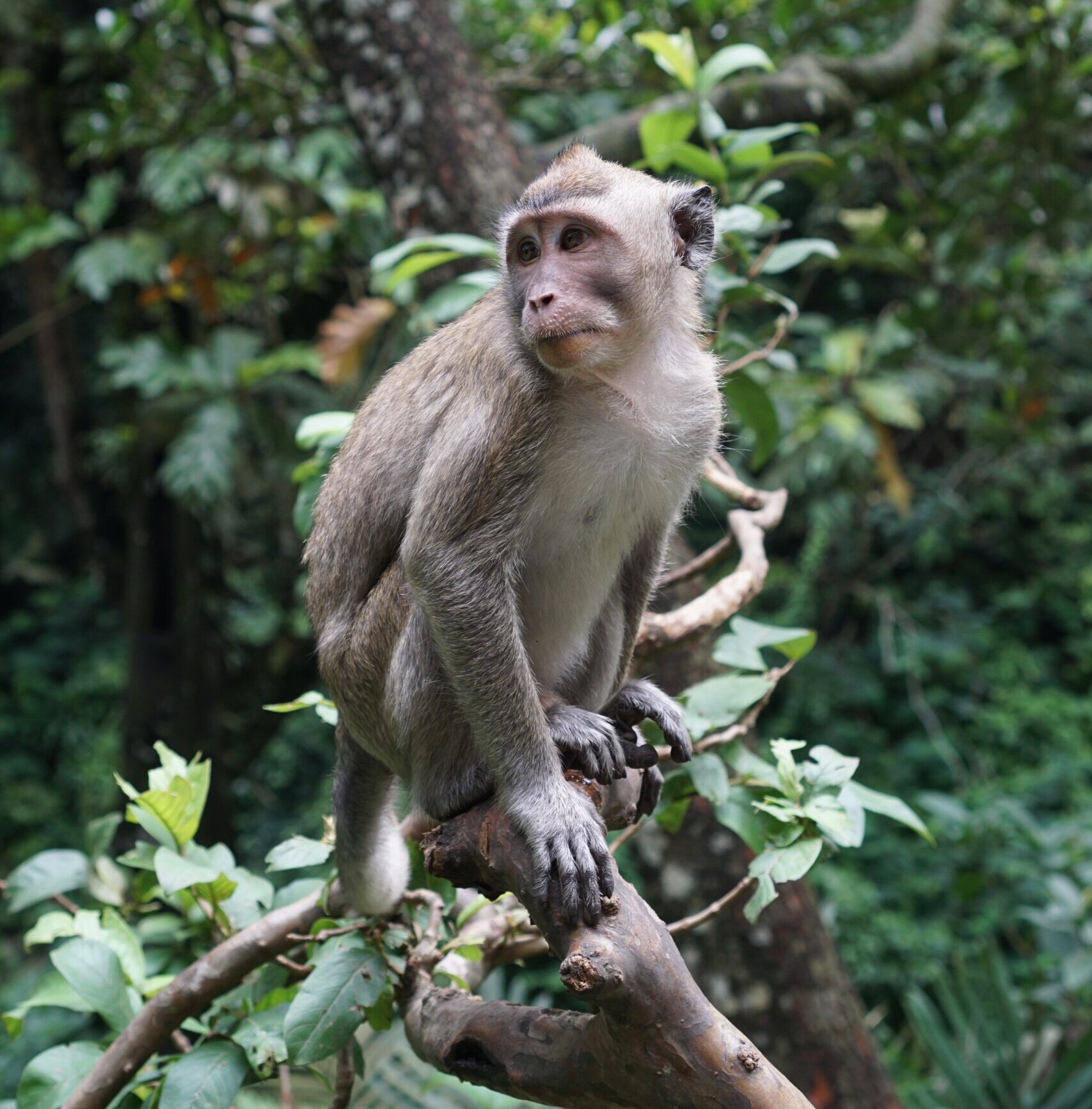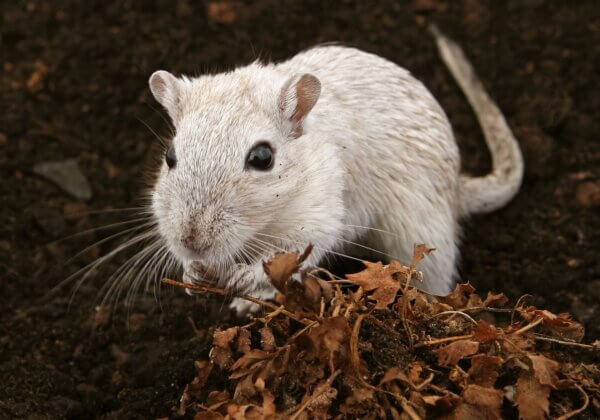PETA India Requests Halt on Plan to Use Wild Monkeys in Experiments
PETA India has sent a letter, co-signed by an expert primatologist, to Union Minister Dr Harsh Vardhan, the director general of the Indian Council of Medical Research, and the director of the National Institute of Virology (NIV) requesting the reversal of NIV’s misguided decision to capture monkeys from the forests of Maharashtra for use in COVID-19 research.
In our letter, we outlined the well-established scientific drawbacks of using wild monkeys for experiments. Free-ranging rhesus macaques in Asia – particularly those who are in close contact with humans – have been shown to be infected with mycobacteria, picornaviruses, paramyxoviruses, influenza viruses, astroviruses, enteric pathogens, and enzootic viruses (those that regularly affect animals). The likely presence of these pathogens means that stressed and newly captured monkeys aren’t specific-pathogen-free, so any experimental data obtained using them cannot be accurately interpreted.
We also discussed the risk that those who capture or handle the monkeys could contract zoonotic diseases such as Kyasanur forest disease and highlighted the importance of using superior, non-animal technology to develop COVID-19 vaccines.
SARS-CoV-2 – the virus that causes COVID-19 – mutates and adapts very differently in monkey cells than it does in human cells. Even when animals have been genetically engineered to make them susceptible to the novel coronavirus, they show only mild symptoms of COVID-19, and their response to infection differs from that experienced by humans.
Scientists around the globe are researching and developing COVID-19 vaccines using human-relevant, animal-free technology – such as human organoids, organs-on-chips, and supercomputers – since animal tests are often misleading, time-consuming barriers to introducing life-saving drugs.
We are asking NIV to develop safe and effective COVID-19 treatments and vaccines using modern, animal-free methods instead of cruel and wasteful animal tests.









